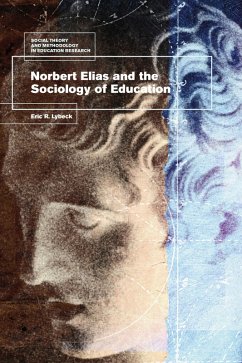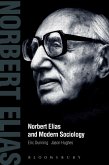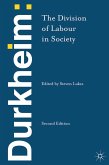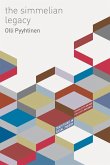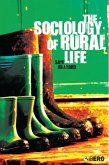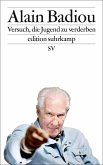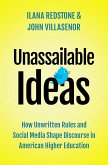This is the first book to apply the sociology of Norbert Elias to the field of sociology of education, offering fruitful lines of research developed from the application of Elias's theoretical framework. Beginning by introducing Elias' theory to those who are unfamiliar with it, Lybeck goes on to explore ways his work can be applied to areas of education research including widening participation, education and the state and the development of knowledge. Topics discussed in detail include: the relationship between social control and self-control; the difference between involvement and detachment in research; and the concept of game-models to explain unintended consequences in education policy. Lybeck also situates Elias's thought alongside other key thinkers including Bourdieu, Foucault and Abbott, whose theories have been widely applied in education research. An Eliasian or 'figurational' sociology of education points to more historical, processual and post-critical approaches to education studies. As the first book to open up Elias' work to researchers and students in education, a range of familiar topics including identity, decolonization and globalization can be seen in a new light.

